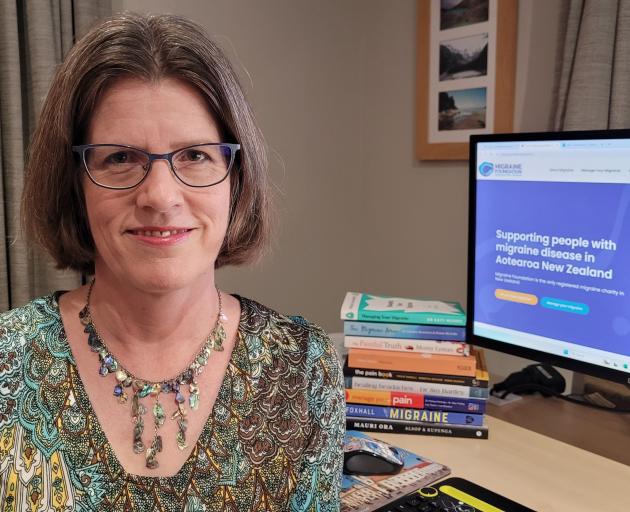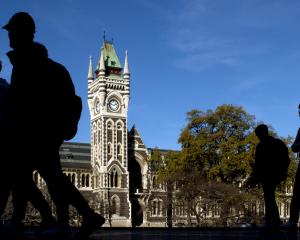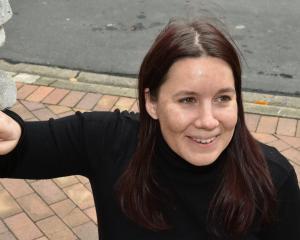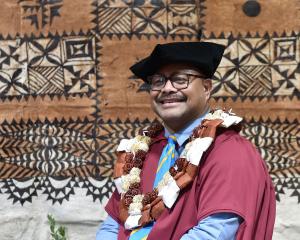
New research shows almost half of New Zealanders who experience migraines meet the criteria for severe disability because it impacts on their physical and mental health, and their ability to work and socialise.
A survey of 530 people by the University of Otago (Wellington) and the Migraine Foundation Aotearoa New Zealand has found more than a-quarter of people who live with migraine disease say the condition has caused them to miss school or work for more than five days over a three-month period.
Half of them said they had been unable to do household work, and nearly a third had missed family, social or leisure activities during the period.
University of Otago (Wellington) public health senior research fellow and Migraine Foundation co-founder Dr Fiona Imlach said it was the first reported survey of people living with migraine in New Zealand.
She said the disease affected two to three times as many women as men, and it was believed more than 640,000 New Zealanders lived with the condition.
Nearly a-quarter of those who responded to the survey (23%) had chronic migraine, experiencing a headache on 15 or more days a month — the highest level of disability and impairment.
Of these, 20% had continuous or nearly continuous headache, and another 22% had 24 or more days of headache per month.
Dr Imlach said migraine was a neurological condition with a genetic basis that could not be cured.
Migraine attacks are sometimes accompanied by debilitating and distressing symptoms, such as loss of coherent speech, paralysis on one side of the body, nausea and vomiting, visual disturbance, loss of vision, and sensitivity to sounds, light, smell and touch.

"People don’t understand the excruciating pain and think, ‘it’s just a headache’," one respondent said.
"I’ve pondered if I could just cut my own head off to make it stop."
Co-researcher and University of Otago (Wellington) primary healthcare and general practice senior lecturer Sue Garrett said those living with chronic migraine described only living "half a life", of feeling isolated, trapped, lonely and useless.
Some said they could not work or study because of the need to lie still in bed for several days, while others said they were unable to function productively at work because of cognitive impairment and fatigue.
Of those who could work, some said they relied on acute pain medication to get through.
Dr Imlach said despite almost half of the people with migraine meeting the criteria for severe disability, there was very limited financial support available to them through unemployment or disability benefits.
Poor understanding of the condition was leading to stigma and increasing the level of disability among people with migraine.
"It is a complex condition, and greater support and awareness of migraine as more than ‘just a headache’ is needed, both among the public and in workplaces.
"Recognising migraine as a disability would allow those unable to work, to access benefits and get financial support for treatment costs, while more supportive work practices would reduce work-related stress and improve productivity."












